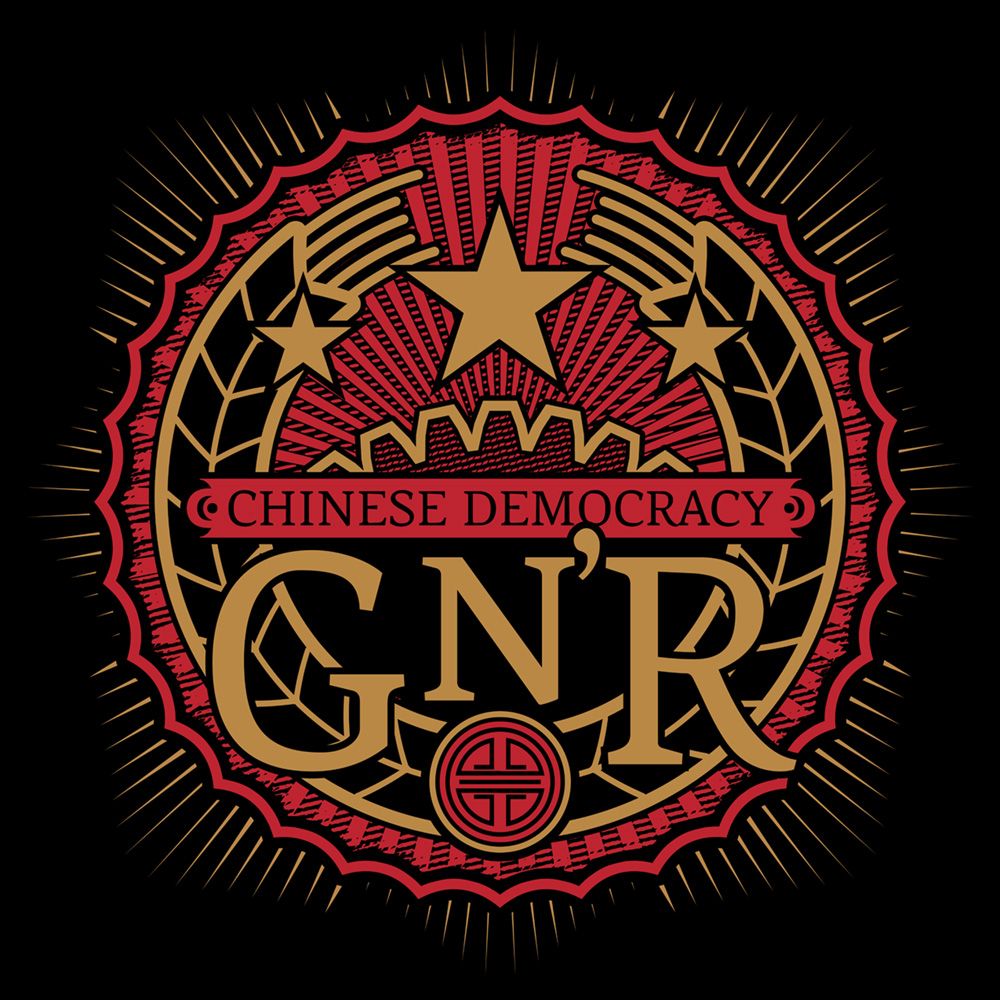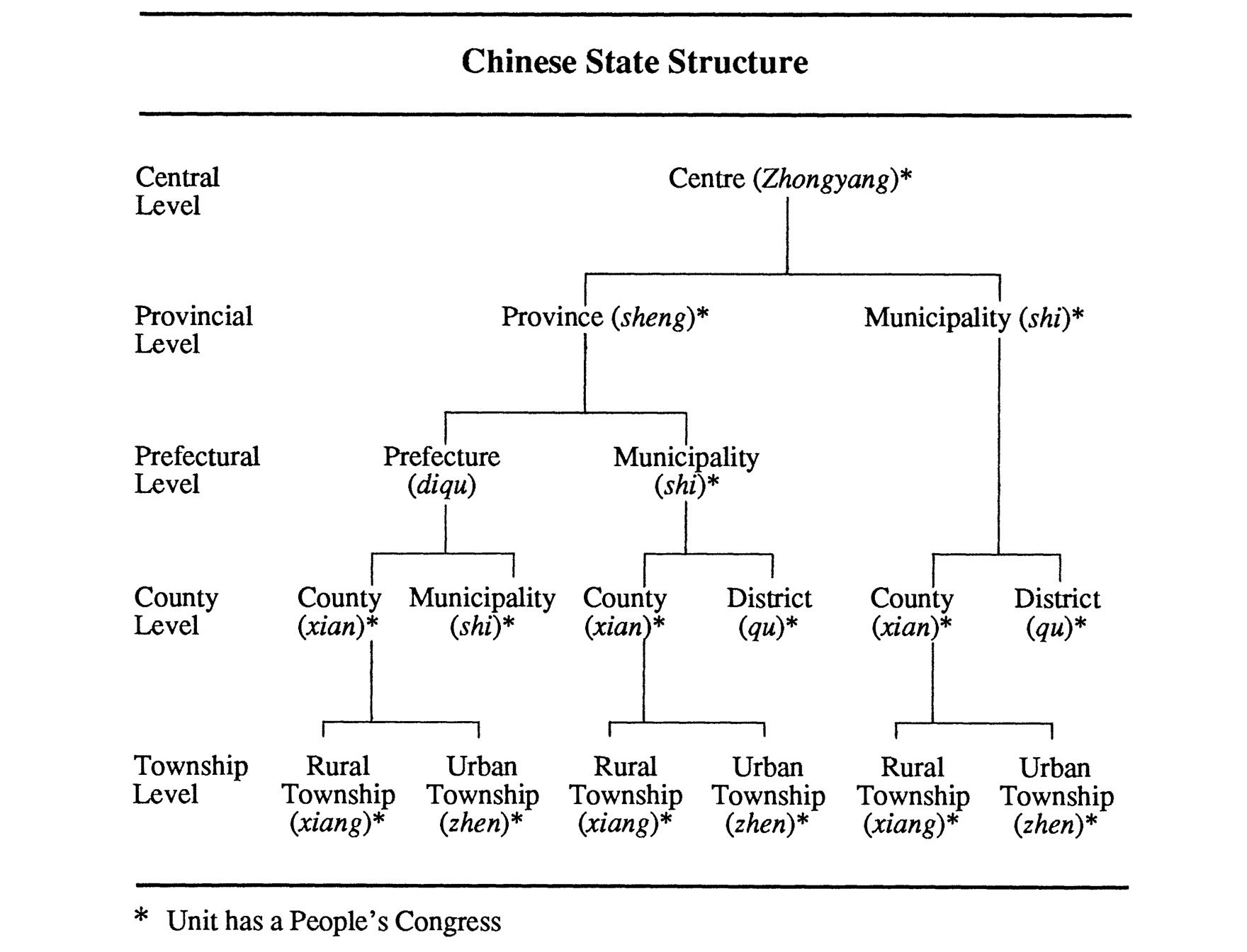Why Democracy Sucks
Chinese Democracy Part I

I've been reading writers in China and they talk about democracy a lot. These are mainstream, mainland writers. These aren't dissidents, they're deciders. For example, this is from Wang Huning, a member of the Politburo:
The overall goal of China's political system reform is to follow the world trend of constitutionalism and establish a constitutional democracy. (1986, revised in 2012)
Also you get people like Professor Wang Shaoguang asserting that China is a democracy already, and in many way superior:
This article’s basic argument is that representative democracy is a gilded-cage democracy, which should not be nor can be the only form of democracy. Conversely, though the representational democracy that China is practicing has many flaws, it has tremendous untapped potential, signifying that another form of democracy is possible. (2014)
WTF is going on? Is China really becoming democratic? Is China democratic already? Before I even get to the Chinese sources, we've got to go back to the source.
Aristotle and Greek Democracy
Democracy is a Greek word meaning people (dēmos) and power (kratia). In places like Athens this was quite literal. Any citizen could attend the popular assembly (ie Parliament) and major offices were assigned by lot (ie randomly).

You could say this was power to the people, but the definition of 'people' was violently circumscribed by a minority of dudes. Panels of demesmen decided who counted (male, not enslaved, child of citizens). If you were proposed as a citizen and somehow got rejected, the consequences were pretty dire. It's quite probable that you got sold into slavery.

We think this sounds batshit, cruel, and unfair today, but this is still how democracies are run. Everyone gets to vote, but someone gets to decide who 'everyone' is. You still have to have the right paperwork to be a person with power, and anyone else becomes an 'illegal' person with far less rights.
As Dimitry Kochenov goes into, modern democracy still preserves this original sin of citizenship (read more). According to his book, citizenship "elevates arbitrary exclusion to a widely excepted norm." While this is changing at some local levels ("The absurd argument that you need to be proclaimed to belong to the sacred community of citizens to decide on the garbage removal from your street has ceased to be convincing in Germany") it is still broadly the norm. And it's still wrong. Power to the people means all the people, not just who the demos deems worthy.
While there's much we still need to improve from ancient democracy, there's also something we've lost. What we have lost is awareness of the great diversity of it. Democracy wasn't one thing, it was like the early days of cell phones, there were a hundred different forms. Aristotle takes us around the Mediterranean looking at different examples, and to him they're all insufficient. The Lacedaemonians had elections (which Aristotle said led to corruption). The Cretans selected from a few families (which he said led to conspiracies). Aris said "there are very many species of democracies," and they were changing all the time.
America has made a monopoly of democracy, and this is a mockery. Today the western world really operates on the sense that liberal democracy is the final and best form of governance. As Francis Fukuyama wrote in The End Of History (1989),
What we may be witnessing is not just the end of the Cold War, or the passing of a particular period of postwar history, but the end of history as such: that is, the end point of mankind's ideological evolution and the universalization of Western liberal democracy as the final form of human government.
It's tempting to dunk on Francis for being obviously wrong, but he really captured how people thought at the time (as I've written). This is very much still the hubris of the western world, that their form of democracy is the best and also fits in bombs.
The idea of representative democracy being the best would be nuts to Aristotle (citizens don't have power themselves?), is nuts to the future (WTF are illegal people?), but such was/is the hubris of the time. What is really worth copying from ancient democracy is the conscious diversity of it.
The Mediterranean had a huge range of democracies, which were a writhing mix of monarchy, aristocracy, oligarchy, and democracy. There wasn't an ideal government because there were no ideal people. Governance really depended on the needs, situation, and idiocy of each city-state. As Aristotle said,
“We will first consider what particular sort of democracy is fitted to a particular city, and also what particular oligarchy to a particular people; and of other states, what is advantageous to what.” (On Politics)
Today, however, Western thought does have an ideal form for everyone: direct, multi-party elections. But to someone like Aristotle, this idea of a universal system that fits everyone be a joke. Even the idea that this city technology would scale to nations of billions is pretty nuts.
If we're serious about democracy we actually have to look at this basic philosophical level, at the big assumptions, not the little details like the filibuster or voting systems. We have to ask whether voting is democracy at all, whether representation just creates oligarchies, and we have to look at each 'city' on its own terms. Basically we have to look at democracy with the openness of the ancients, when the invention was new.
To get a new perspective on democracy (as the ancients had) you have to go someplace most don't consider a democracy at all. China.
How Is China A Democracy?
The weird thing is, in Aristotlean terms, China is definitely a democracy. He would say it's shitty and indirect, but all modern democracies are shitty and indirect. To an ancient Athenian the difference between China and America would be of degree, not kind. Let me explain.
Elections
China has elections. The bottom two layers of government are elected, and those people select the higher three. The highest level (the People's Congress) selects the President. You could say it's controlled by one-party, but Athenians would be like "what the fuck's a party? are you mixing wine?" One-party or two-party is just a difference in degree, not kind.

Chinese democracy is actually comparable to the US for most of its history, except with more people voting. The US also used a mix of election and selection.
In the United States the President is still selected by a college of electors, not elected directly. Each state votes for President, not people, and the popular winner often loses (Bush II, Trump). Until 1913 the Senate was also indirectly elected in the Chinese way, with state legislatures selecting the national. They did this for 137 years.
Hence you could say China is not a democracy in the same way that the United States was not a democracy for most of its history. Or you could say they're both shit democracies. As I went through, the Greeks called a huge range of systems democracies, different mixes of oligarchy, aristocracy, and occassional tyranny. China is actually one such mix.
You could call it an aristocracy of the communists (communists would call it democratic centralism) but you could call America a two-party oligarchy as well. As William Ellis says in his 1912 intro to Aristotle's On Politics:

In this way, China actually looks less oligarchic than the United States, where the rich class has won. Wang Shaoguang (the professor from above) gets into this further when he looks into the results of the different systems of government, and we'll get into that.
Back To The Future
This then leads us neatly back into the Chinese discourse, where people like Wang Shaoguang are talking about China being a democracy already, one he calls substantive. He says,
We can understand democracy in two ways, as formal democracy and as substantive democracy. The former concerns itself with so-called democratic features, whereas the latter concerns whether policy has produced results that meet the needs of the broad popular masses. (2014)
This could be wrong, but it's a quite valid philosophical perspective, especially given the diversity of democracy throughout time. It's perfectly valid to call China a democracy in this way. As Wang Shaoguang says,
We must not take for granted that since we all like democracy, we must all be supporting the same thing. Many people in the West arrogantly believe that only their understanding of democracy is authentic and that there is only one correct understanding of democracy: this is a form of cultural hegemony. (ibid)
Again, there was no such hegemony of democracy in the ancient times. Power was multi-polar then, and we live in an increasingly multi-polar age. Hence the debates I find in China are actually quite similar to the ancients. They both view democracy as a practical technology for governing impractical people. Hence the point of this first post is to get you into the state of mind of even considering Chinese democracy, and of being duly critical about democracy in general.
First, democracy is a category, and it's wider than you'd think. Second, everything we call democracy is actually quite shit. Aristotle was dunking on everyone, and so should we. These are the two broad insights I've gotten from, somewhat paradoxically, reading Chinese discourse, and in the next few posts, we'll dive in.